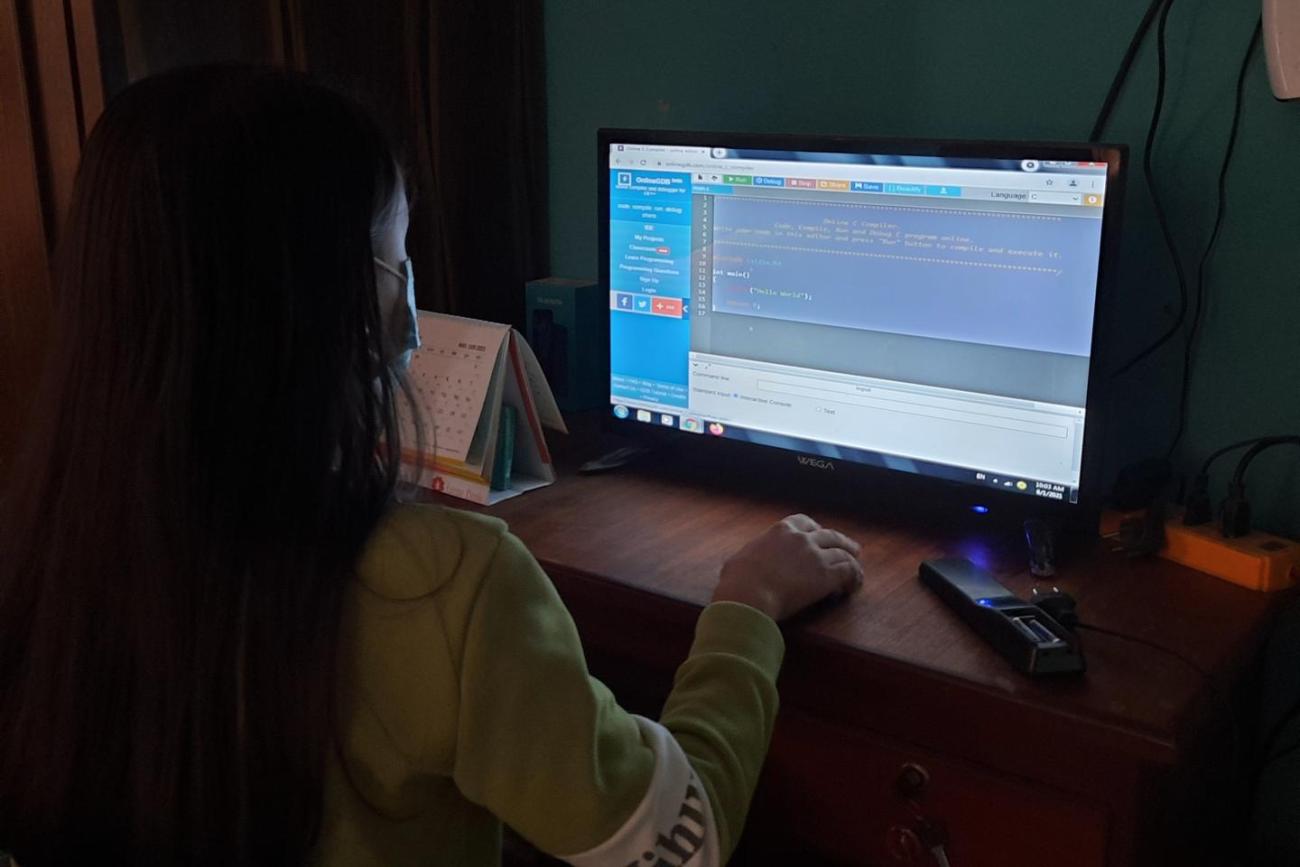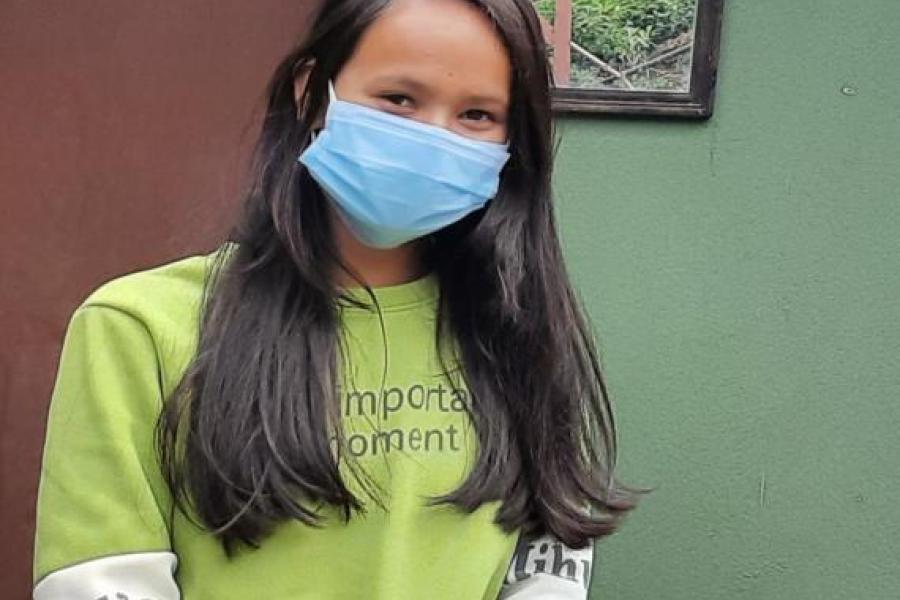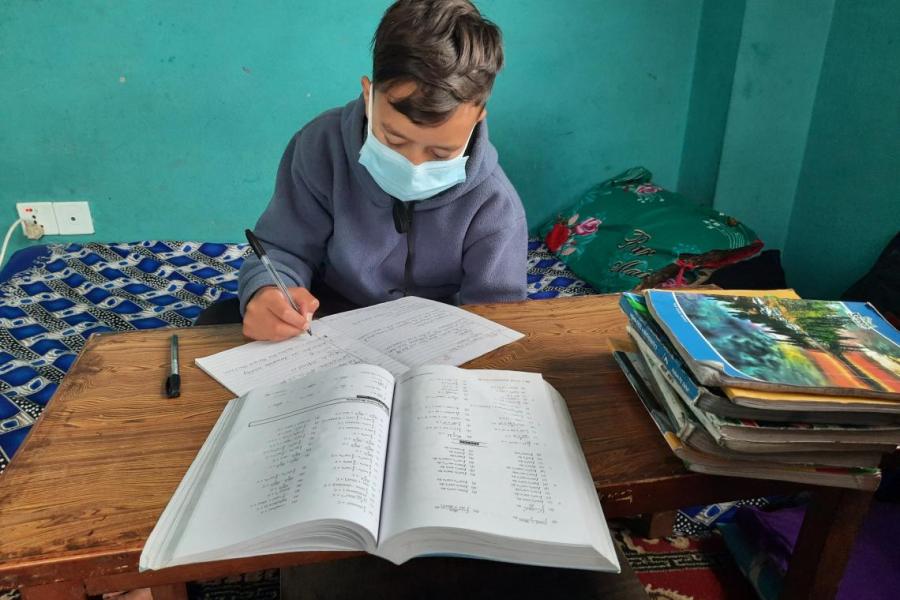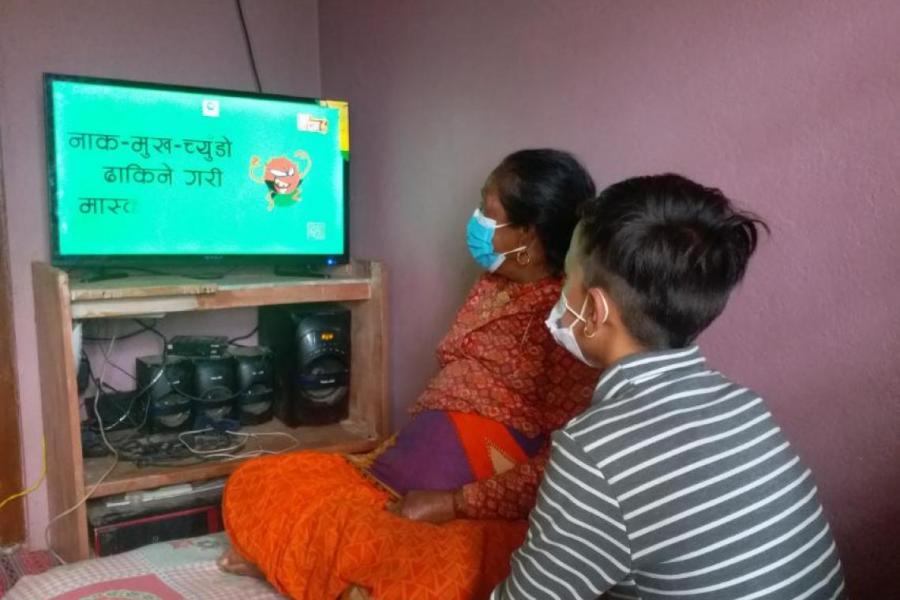Too close to home

The loss and prolonged uncertainty deepened by the second wave of the COVID-19 pandemic is hitting young people harder than ever
“We’ve been afraid for a long time, but it’s different when the disease takes someone close to you.”

Seventeen-year-old Anisha Thapa is not the sort to get easily flustered, according to her father Basudev. Despite the many disruptions brought about by the COVID-19 pandemic last year, the 11th grade student of science appeared to have accepted the new reality with relative calm. She was keeping up with her studies through online lessons, and staying in touch with friends and family. “At that time, I was sure things would eventually get better,” she says.
And for a while, in early 2021, it seemed like that was indeed the case. COVID-19 numbers in the country had dropped, and there was a tentative sense of normalcy in the air. After almost a year, educational institutions had reopened and Anisha was back in her hostel in Bhaktapur and attending classes.
“It was great to reunite with teachers and friends,” Anisha says. “I had missed them so much.”
Three short months later, however, the country was hit by the second wave of the pandemic, and lockdowns and restrictions were back in place. Her college closed, Anisha returned to her home in Bhimeshwor in Dolakha District in north-central Nepal, where she has been for the past month.
This time around, however, coping hasn’t been as easy, according to Anisha, particularly since the family recently lost a relative to the disease. That incident has brought the pandemic closer to home than ever before.
“The things you hear and see already make it hard to stay positive, but this made it even more difficult,” Anisha says.
So, how has she been coping? "I try to keep myself as busy as possible. We have online classes right now, so that takes up a lot of time, which is good for me.”
Her siblings – younger brother Ashok and older sister Manisha – have adopted much the same strategy, keeping themselves occupied with whatever is at hand, whether that be schoolwork, watching TV or helping their mother Kalpana around the house.


“They’re all very understanding,” Basudev says of his three children. “If nothing else, it’s been good to spend more time with them this past year.”
That appreciation and gratitude is something that Anisha echoes.
“At least I have my family with me to help me if I’m feeling afraid or have something to share,” Anisha says. “Not everyone is so lucky.”


